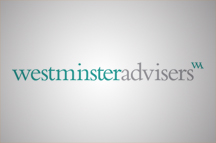With May’s General Election returning David Cameron to No.10, now leading a majority Conservative government, the new administration has wasted little time in setting out its agenda and ambitions for the next five years.
A couple of months into the new government – with the Queen’s Speech and a summer Budget already having been set – now is a good time to reflect on what we can expect from the first Conservative administration to be elected in 23 years.
There is a sense of continuity across a number of policy areas – as reforms begun under the previous coalition government are driven forward. However, freed from the shackles of their Liberal Democrat partners, there is a clear attempt to stamp a distinctively Conservative identity on the programme moving forward.
If fully enacted, the Conservatives’ legislative agenda could bring about radical changes to Britain’s economy and society – from our relationship with Europe and the Human Rights Act, to further powers for Scotland and devolution across England’s cities, Britain in 2020 could look a very different country.
That is, of course, if the agenda is enacted in full. With a small majority in the Commons, the potential for rebellion in the Lords and the prospect of a leadership election at some point during the parliament, it is certainly the case that challenges remain for the government.
It is with these challenges in mind that Westminster Advisers’ team of policy experts have written a series of insightful essays which have been published today in a new report: True Blue: a collection of essays on the Conservatives in parliament.
The report covers a series of issues from the challenge of operating with a small parliamentary majority, to the most influential think tanks to the relationship between the Prime Minister and the Chancellor. It also analyses the latest intake of Conservative MPs and what their backgrounds and agendas might mean for the future of the party. The report can be found on the Westminster Advisers website here.















